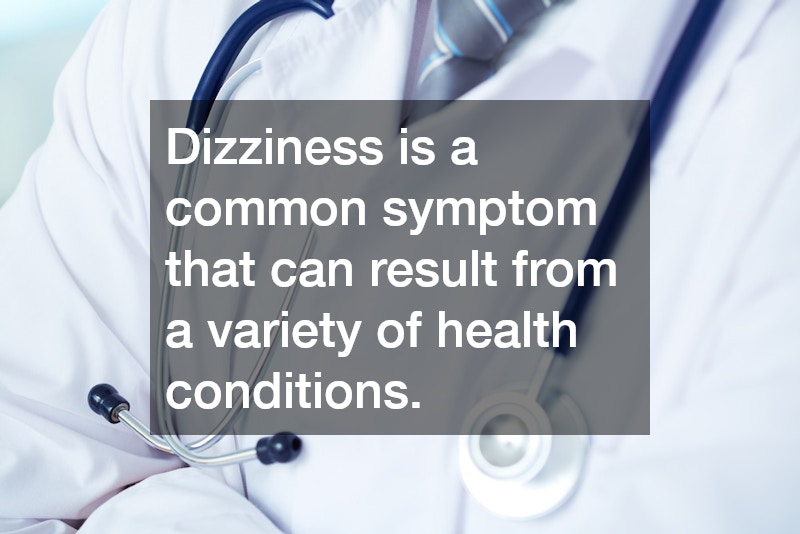
Dizziness is a common symptom that can result from a variety of health conditions, ranging from mild issues like dehydration to more serious problems such as inner ear disorders or neurological concerns. If you frequently experience dizziness, consulting a doctor is the first step toward understanding the root cause and creating a plan to help you recover from dizziness effectively. Let’s explore the different ways a doctor can assist in this recovery process.
Comprehensive Diagnosis
The first and most important role of a doctor is to accurately diagnose the cause of your dizziness. Since dizziness can be related to several health conditions, a thorough medical history and examination are essential.
Your doctor may ask you about the frequency and intensity of your symptoms, whether you experience other symptoms like nausea or balance issues, and whether certain activities or environments trigger dizziness. A physical examination may involve checking your blood pressure, evaluating your gait, or testing your inner ear function.
Depending on the initial findings, additional diagnostic tests may be required, such as blood tests, imaging scans (like an MRI or CT scan), or specialized balance tests. Once the root cause is identified, your doctor can tailor a treatment plan to help you recover from dizziness based on your specific condition.
Medication Management
If your dizziness is caused by an underlying health condition, medication can often play a significant role in your recovery. For example, if you are diagnosed with benign paroxysmal positional vertigo (BPPV), an inner ear issue that often leads to dizziness, your doctor may prescribe medications that reduce inflammation in the ear or relieve symptoms. In cases where dizziness stems from low blood pressure, dehydration, or migraines, your doctor may suggest appropriate medications to stabilize your condition.
In other instances, anti-nausea medications or antihistamines may be prescribed to alleviate dizziness until the underlying issue resolves. Your doctor will ensure that any medications are carefully managed and adjusted to maximize your chances of recovery while minimizing side effects.
Vestibular Rehabilitation Therapy (VRT)
For individuals suffering from dizziness due to vestibular (inner ear) disorders, a doctor may recommend vestibular rehabilitation therapy (VRT). This type of physical therapy helps to retrain your brain and body to respond appropriately to signals from your inner ear, which controls balance. Your doctor will typically work with a physical therapist to design a customized exercise plan to address your specific condition.
VRT involves a series of exercises that focus on improving balance, eye movement coordination, and stability while walking. Regular participation in vestibular rehabilitation therapy can help reduce dizziness over time, allowing you to recover more fully and regain control of your daily activities.
When you experience dizziness, it can significantly disrupt your daily life. Seeking medical attention is a crucial step to recover from dizziness effectively. By providing a comprehensive diagnosis, recommending medications or therapies, and offering lifestyle advice, a doctor plays an essential role in your journey to better health. With proper care, you can minimize dizziness and regain your balance.
.

